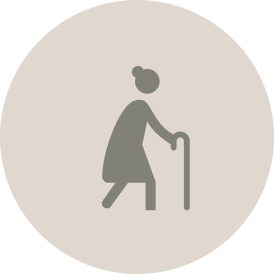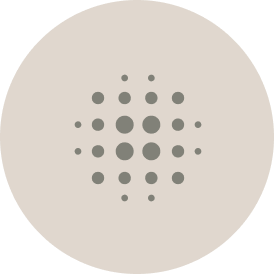We started Lutso as worried kids and grandkids, trying to support our older loved ones—and constantly feeling in the dark.
“How can we care for the people we love — without constant worry?”
That question guided us toward a product that would help us feel confident knowing our parents are cared for and safe. We set out to build something smart, respectful, and secure enough that we’d trust it in our own families’ homes.
We started Lutso as worried kids and grandkids, trying to support our older loved ones—and constantly feeling in the dark.
That question guided us toward a product that would help us feel confident knowing our parents are cared for and safe. We set out to build something smart, respectful, and secure enough that we’d trust it in our own families’ homes.

“I’m feeling better now,” my dad said casually. That’s how I found out he’d fallen—weeks earlier. He hadn’t forgotten. He just didn’t want to worry us. I realized you can talk to someone every day and still not know what’s really going on. That gap between love and clarity is what we set out to close.
— Andres Tuul, Co-Founder

When care turns into constant checking, everyone feels it. My grandma felt controlled. My mom felt helpless. The stress finally pushed a decision none of us wanted—a care home. That guilt stayed with us. We built Lutso so families can stay connected without losing peace or trust. It’s not just about knowing something happened—it’s about knowing early enough to help, without hurting the relationship in the process.
— Sten-Erik Mägus, Co-Founder
After missing several falls and seeing our families overwhelmed by caregiving,
we realized we need timely insights that help prevent emergencies
—without compromising privacy.

By 2030, one in six people on Earth will be over 60. Professional caregiver shortages already exceed 500,000 in the U.S. alone.

Over 95% of older adults want to age in place, yet busy lives and logistics make day-to-day oversight nearly impossible for family caregivers.

Privacy-first computer vision is finally mature enough to help, without asking older adults to wear, press, or remember a thing.